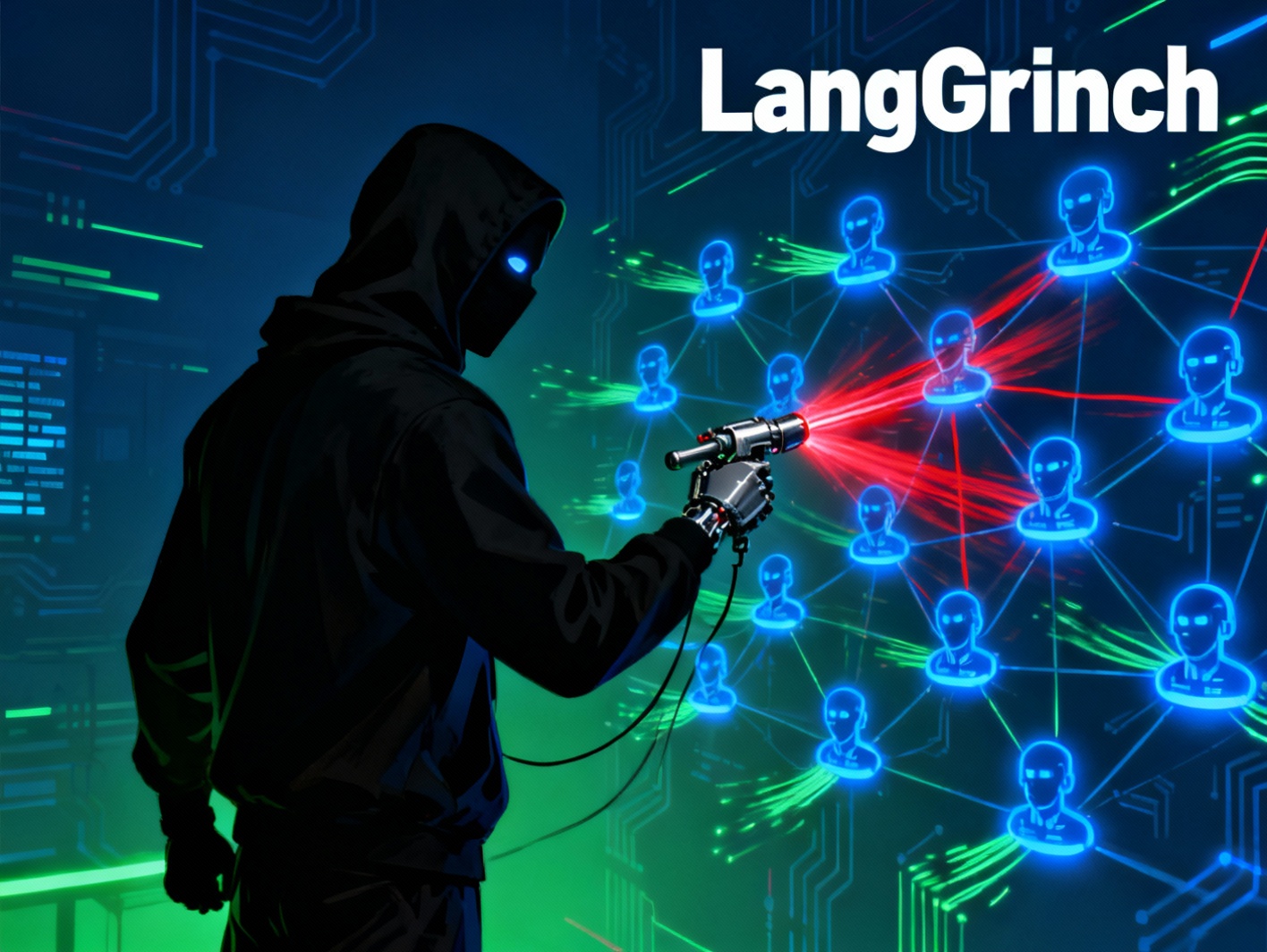The Rise of AI Web Crawlers and Their Impact on Digital Content
In recent years, the internet has seen an explosion in the use of AI web crawlers—automated bots developed by companies to collect and analyze large volumes of online content. These crawlers play a crucial role in training large language models, powering generative AI tools, and improving search engine algorithms. They operate by systematically accessing websites, copying publicly accessible data ranging from articles to images, and feeding it into massive machine learning frameworks.
While the technology behind these bots is undeniably powerful, their unchecked growth exposes a serious set of challenges. Content creators, for instance, often find their original works scraped without permission or acknowledgment. This bypasses traditional norms of attribution and licensing, placing creators at a disadvantage.
Data privacy is also at stake. AI crawlers, depending on their configuration, may collect user-generated content or metadata without proper oversight. Although some sites use robots.txt files to manage crawler access, many AI companies operate outside of established guidelines. This raises ethical concerns about consent and transparency, especially when such data is used to train commercial products.
A further concern lies in the potential misuse of data. In the wrong hands, scraped content could be weaponized, misrepresented, or repurposed in misleading ways. The sheer volume and speed of data collection by AI crawlers make it extremely difficult for content owners to monitor where their materials are ending up.
As AI continues to grow in sophistication, so too does the need for a more equitable framework that protects original content while fostering responsible innovation. The path forward involves balancing open access to information with consent-based data use—something that current practices often overlook.
Cloudflare’s Decision: A Strategic Move to Protect Content
Cloudflare, a leading web infrastructure and security company, recently made headlines by announcing it would block AI web crawlers by default. This decision reflects a broader shift in how digital platforms are reassessing their roles in overseeing data access and online privacy.
The motivation behind Cloudflare’s new stance stems from increasing concerns voiced by creators and publishers about unauthorized data scraping. For years, website owners had limited defenses against bots that silently harvested their content for AI model training. Cloudflare, whose services protect millions of websites globally, is uniquely positioned to enforce a new level of accountability.
The measures being implemented include identifying known AI user agents and preventing them from accessing hosted content unless explicitly allowed. This configuration reverses the burden—now requiring AI companies to get opt-in approval before crawling protected sites. This shift empowers content owners to take proactive control of how their data is used.
Cloudflare’s approach is closely aligned with its core mission: building a safer, more private internet. By defaulting to AI crawler blocks, the company reinforces its commitment to safeguarding customer data and upholding ethical standards around digital ownership.
This policy does not target beneficial automation broadly. It specifically addresses AI crawlers used for mass data harvesting, especially those operating without proper disclosure or respect for digital boundaries. Though the dynamics of the internet encourage sharing and visibility, Cloudflare’s decision introduces a much-needed checkpoint in what has been a largely unregulated space.
As the tech community considers the implications of this move, it becomes clear that Cloudflare is helping to redraw the rules of engagement—reflecting a deeper awareness of the evolving digital ecosystem and the rights of those who create within it.
The ‘Pay Per Crawl’ Program: Monetizing Content Access
In addition to blocking AI crawlers by default, Cloudflare introduced a novel concept: the Pay Per Crawl program. This initiative allows content creators and publishers to monetize access to their digital assets by charging AI entities for crawling rights. It represents a significant evolution in how online content can be valued and protected.
Under this model, AI companies seeking to use data hosted on Cloudflare-protected sites must pay a fee, determined by the content owner, in exchange for lawful access. This creates a two-fold benefit: publishers can generate revenue from the valuable data they produce, and AI firms gain verified, high-quality datasets without legal ambiguity.
The core advantage of this system is that it puts agency back into the hands of creators. For too long, AI developers have benefited from free access to publicly available content without contributing to the original authors. Now, there’s a pathway to fair compensation.
However, several challenges remain. Smaller creators might struggle to navigate the pricing and enforcement mechanics of Pay Per Crawl. There’s also a risk of fragmentation—where some content becomes exclusive or paywalled, complicating uniform access to data needed for unbiased AI training.
Another concern is enforceability. While Cloudflare can gate access through its infrastructure, AI entities may attempt to find workarounds, such as using proxy bots or scraping from alternative sources. Thus, industry-wide cooperation and legal backing will be essential for Pay Per Crawl to reach its full potential.
Nonetheless, the broader implications of this model can’t be ignored. It creates a precedent in which digital content is no longer assumed to be a free resource for commercial AI use. Instead, it recognizes the inherent value in web content while promoting sustainable data practices between platforms and model developers.
Industry Reactions: Support and Criticism
Cloudflare’s new policies have sparked wide-ranging reactions across the tech and publishing industries. On one side, content creators and digital publishers largely celebrate the changes. After years of watching their work siphoned off by bots and AI companies, many creators see this as a long-overdue realignment of rights and responsibilities in the digital world.
By enforcing opt-in standards and introducing monetization options, Cloudflare provides a framework that allows creators to protect their work while benefiting from its usage in AI training. This has been especially welcomed by independent writers, photographers, and niche content providers who previously lacked the resources to push back against mass data scraping.
However, the AI development community has expressed notable concerns. For companies building large language models and machine learning systems, the ability to access vast and diverse datasets is essential. Critics argue that widespread blocking and paywalls could limit innovation, slow down AI progress, and create data silos that restrict smaller AI startups from competing with larger tech firms.
Some AI advocates fear a future where only well-funded organizations can afford to license the necessary data for model training, thereby reinforcing existing inequalities within the AI sector. The debate highlights deeper tensions between the democratization of data and proprietary control.
Despite the friction, many agree that a more structured, transparent relationship between AI developers and content owners is needed. Without clear standards, both ethical and legal, the status quo risks undermining trust while exposing companies to potential lawsuits over data misuse.
In that light, Cloudflare’s actions may serve not as an endpoint but a prompt for broader industry dialogue. The goal is to build norms that respect both content ownership and the value of shared information in advancing technology.
Future Implications: Balancing Innovation and Content Protection
Cloudflare’s recent actions may very well reshape the future of how AI and web content interact. By implementing a default block on AI web crawlers and introducing monetization models like Pay Per Crawl, the company has created a new standard for digital ownership and responsible data use.
This could inspire other infrastructure and hosting providers to follow suit. Competition may lead to a growing wave of services that offer granular control over AI access, potentially giving rise to entire ecosystems centered around data licensing, auditing, and reporting for web-based content.
At the same time, AI developers may revise their practices to align with this emerging landscape. Instead of harvesting web data indiscriminately, future models could rely more heavily on licensed and curated datasets, fostering a market for ethical data sourcing. This might slow down some development, but would likely lead to better compliance and higher-quality results.
Cloudflare’s initiative also puts pressure on regulators. As private platforms create their own rules, governments may step in with clearer legislation to address data ownership, AI training protocols, and automated scraping. The move could ultimately catalyze a shift toward more formal global standards.
Yet, challenges remain. The digital world thrives on openness, and too much restriction could stifle smaller voices or reduce the diversity of data feeding into AI systems. The risk is that access becomes a privilege rather than a default, which could reduce innovation in academic, nonprofit, and community-driven projects.
Still, this moment signals a critical evolution. The internet is no longer a limitless reservoir of free training data. It’s an ecosystem with stakeholders whose rights must be acknowledged. Cloudflare’s move may be the first domino in a much larger transformation of how we balance progress with protection.
Conclusions
Cloudflare’s move to block AI web crawlers by default represents a major step in redefining how content is treated in the AI era. Rather than allowing unfettered access to digital assets, the company is championing a model that values ownership, consent, and fairness. These changes are likely to have ripple effects across the industry, influencing how data is managed, monetized, and regulated. As AI continues to shape the future of the internet, this policy sets the tone for a more equitable digital landscape—one where creators have a stronger voice, and innovation is pursued responsibly. The journey to harmonize technological advancement with intellectual property rights has only begun, but Cloudflare’s initiative marks a decisive and thoughtful starting point.










